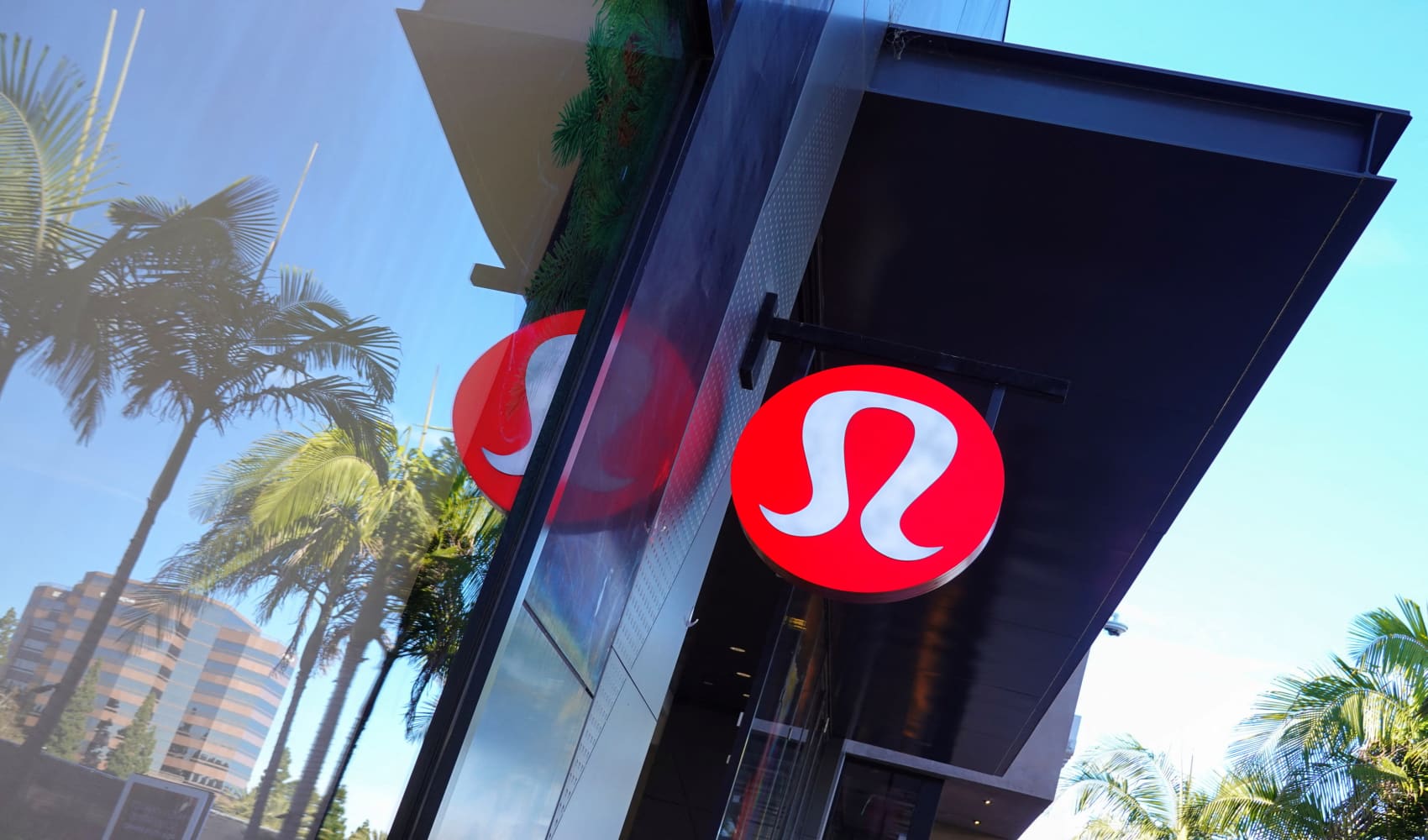These days across New England, lots of people want solar energy, but don’t have the right roofs for it. And a lot of people with the right roofs for it don’t want to cost and hassle of buying, installing, and owning it.
Enter Boston-based Yeloha, a startup with a new vision for how to solve both problems –- by creating what they call a “solar sharing network’’ that connects people like Jasmine Leitzel of Boston and Jason Slater of Dedham, Mass.
Jasmine is an ardent environmentalist from the city’s Brighton section who loves “to be able to feel better about all of the energy that I use.’’ She’d love to have solar panels on her roof, but she’s got multiple valid reasons she can’t: “Right now I'm a renter. I'm planning on moving in September, and I have a slate roof. I don't own the house, and I don't have a south-facing roof, so it wouldn't have even been possible.’’
For Jason, a robotics engineer and equally committed environmentalist about five miles away in Dedham, it’s exactly the opposite. As he explains: “I lucked out where I'm extremely south-facing. The pitch is very good. I’m up on top of a hill with no trees, so I have something like 95 percent sun exposure at all times, which is great.’’
What’s happening this week is work to enable Jasmine to get to enjoy some of the benefits and savings of solar energy from a panel going up on Jason's roof.
Explains Yeloha regional manager Joel Gamoran: “We’ll put the solar panels up on your roof. We monitor them, we maintain them, we insure them, and we give you a share of the energy that it produces at no cost.’’
Currently with Yeloha, partners put up, at a minimum, $65 for a year’s worth of one solar panel’s production. Gamoran says, as a rule, most partners get the $65 back plus a 5 to 10 percent net savings on their electric bill over the course of the year, all depending on the size of their home and their energy use. You can sign on for deals for more panels for longer terms to get more savings. Sun “hosts,” meantime, pay nothing and get a free share of their panels’ output to defray their electric bills and as compensation for having technicians install panels and related gear on their homes.
Business
Slater said his expectation is “I’m looking for approximately $500 to $600 a year. We'll have to see what it generates … IK think it'll probably be good for a quarter to a third of my bill.’’
Slater’s also happy to be a landlord for, not an owner of, a solar system, even if it means he’s not getting as big a break on his Eversource bills as he might using another company and another payment model. “The great thing here is that they own and maintain the equipment, so I don't really have to worry about that,’’ Slater said. “I’m not signing a 20-year contract on electricity, so if my lifestyle changes and I decide to move or sell or something like that, I don't have to worry about that contract.’’
One challenge for solar energy in Massachusetts, particularly in areas served by National Grid as their electric utility: The number of solar installations is bumping up against something called the “net metering cap’’ – effectively, that’s a limit on how many installations the state will allow to be subsidized by utility rebates and credits, tax breaks, and other subsidies. The state Senate has just voted recently this month, however, to raise that cap. While business groups like Associated Industries of Massachusetts fear it could lead to ratepayers generally having to come up with hundreds of millions of dollars to subsidize people with solar panels, some environmentalists are hopeful there’s an overall compromise with businesses and utilities that can allow the solar revolution and its ancillary benefits to continue to spread in Massachusetts.
One key caution raised by Slater about the Yeloha model: You do have to be blessed with the right house in the right place. “It’s important to appreciate that the roof plays a large role in what you can generate,’’ Slater said. “You can't just put panels up anywhere and pay for your whole bill.’’
But at no cost to him, and at a price Jasmine Leitzel’s happy to pay and expects to reap some savings from, it’s working for them and others Yeloha is signing up around the region.



